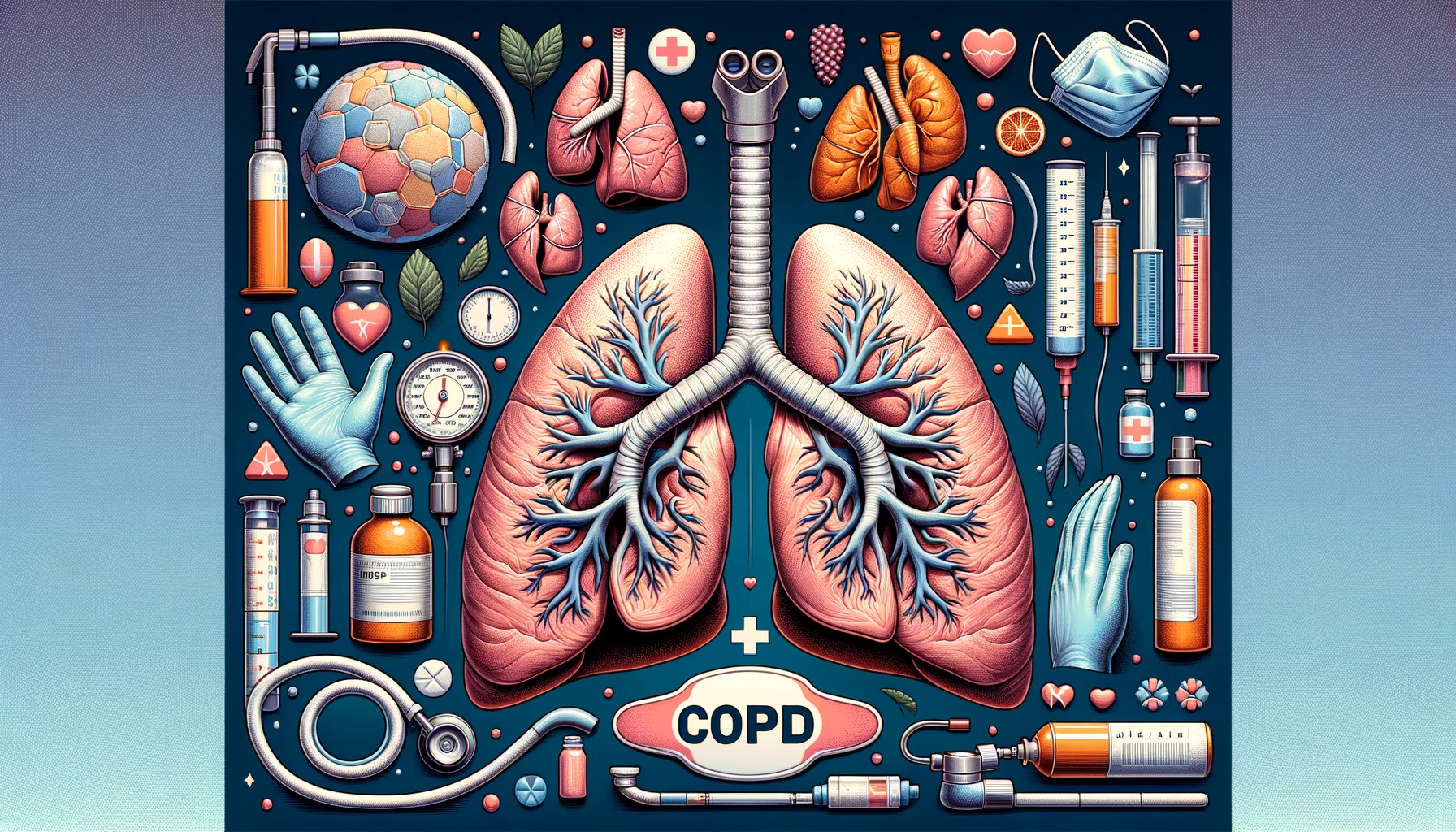Developing an effective nursing care plan for patients with a cough involves thorough assessment, diagnosis, and intervention. This guide provides essential information on creating and implementing a nursing care plan for cough.

Blog
Ultimate Nursing Care Plan for Cough: Tips, Assessment & Interventions
Developing an effective nursing care plan for patients with a cough involves thorough assessment, diagnosis, and intervention. Cough is a common symptom associated with various respiratory conditions, such as infections, chronic obstructive pulmonary disease (COPD), asthma, and allergies. This comprehensive guide provides essential information on creating and implementing a nursing care plan for cough, ensuring patient recovery and comfort.
Cough is a reflex action to clear the airways of irritants, mucus, or foreign particles. It can be acute, lasting less than three weeks, or chronic, lasting more than eight weeks. Understanding the underlying cause of the cough is crucial for effective management and treatment. Common causes include respiratory infections, asthma, COPD, allergies, and gastroesophageal reflux disease (GERD).
The first step in creating a nursing care plan for cough is a comprehensive assessment. Key aspects of the assessment include:
Gathering a detailed patient history, including the onset, duration, and characteristics of the cough, as well as associated symptoms such as fever, shortness of breath, or chest pain.
Conducting a thorough physical examination to assess respiratory function, including listening to lung sounds, checking for signs of respiratory distress, and evaluating oxygen saturation levels.
Ordering relevant diagnostic tests, such as chest X-rays, sputum cultures, and pulmonary function tests, to identify the underlying cause of the cough.
Analyzing the characteristics of the cough, such as whether it is dry or productive, and any factors that exacerbate or relieve the symptoms.
Based on the assessment, the following nursing diagnoses may be identified for a patient with a cough:
Related to excessive mucus production or obstruction of the airways.
Related to inflammation or infection of the respiratory system.
Related to difficulty breathing and fear of suffocation.
Related to exposure to pathogens or compromised immune function.
Related to chest or throat irritation from persistent coughing.
Nursing interventions for managing a cough focus on relieving symptoms, addressing the underlying cause, and preventing complications. Key interventions include:
Encouraging the patient to perform deep breathing exercises, use incentive spirometry, and practice controlled coughing to clear the airways.
Promoting adequate fluid intake to thin mucus secretions and facilitate their clearance from the airways.
Using a humidifier or steam inhalation to keep the airways moist and reduce irritation.
Administering prescribed medications, such as bronchodilators, expectorants, antitussives, or antibiotics, as indicated based on the underlying cause.
Positioning the patient to optimize lung expansion and facilitate mucus drainage, such as sitting upright or using a high Fowler's position.
Implementing infection control measures, including hand hygiene, use of personal protective equipment (PPE), and isolation precautions if necessary.
Educating the patient and their family about the importance of adhering to the treatment plan, recognizing early signs of complications, and implementing lifestyle modifications to prevent recurrence.
Regular evaluation and monitoring are essential to assess the effectiveness of the nursing care plan and make necessary adjustments. Key components include:
Regularly assessing the patient's symptoms, including the frequency, intensity, and characteristics of the cough, as well as associated symptoms such as shortness of breath or chest pain.
Monitoring respiratory function, including lung sounds, oxygen saturation levels, and signs of respiratory distress.
Evaluating the patient's response to medications and other interventions, and adjusting the care plan as needed to achieve optimal outcomes.
Seeking feedback from the patient and their family regarding the effectiveness of the care plan and their satisfaction with the care provided.
Implementing preventive measures can help reduce the risk of developing a cough and associated respiratory conditions. Key strategies include:
Ensuring the patient receives recommended vaccinations, such as the flu and pneumonia vaccines, to prevent respiratory infections.
Encouraging smoking cessation and providing resources and support to help patients quit smoking, which is a major risk factor for respiratory conditions.
Minimizing exposure to environmental irritants, such as air pollution, allergens, and occupational hazards, that can trigger or exacerbate a cough.
Promoting a healthy lifestyle, including regular exercise, a balanced diet, and adequate hydration, to support overall respiratory health.
Encouraging good hand hygiene practices to reduce the spread of respiratory infections, particularly during cold and flu season.
Creating and implementing a nursing care plan for cough involves a comprehensive approach that includes assessment, diagnosis, intervention, and evaluation. By addressing the underlying cause of the cough and providing appropriate interventions, nurses can help alleviate symptoms, prevent complications, and promote patient recovery. This guide serves as a valuable resource for healthcare professionals involved in the care of patients with a cough, providing the knowledge and tools needed to offer effective and compassionate care.
HealthOK Global offers comprehensive elderly care services to ensure the dignity and safety of seniors. Our expert caregivers provide personalized support, from routine health checks to emotional well-being assistance. Contact our FREE 24 x 7 Healthcare Helpline at +91-8047190955 (India) or +1-888-462-1804 (USA) for immediate support and assistance.
Cough is a reflex action to clear the airways of irritants, mucus, or foreign particles. It can be acute, lasting less than three weeks, or chronic, lasting more than eight weeks. Understanding the underlying cause of the cough is crucial for effective management and treatment. Common causes include respiratory infections, asthma, COPD, allergies, and gastroesophageal reflux disease (GERD).
The first step in creating a nursing care plan for cough is a comprehensive assessment. Key aspects of the assessment include:
Regular evaluation and monitoring are essential to assess the effectiveness of the nursing care plan and make necessary adjustments. Key components include:
Need Personalized Health Guidance?
Get expert advice tailored to your specific health needs from our qualified healthcare professionals.





